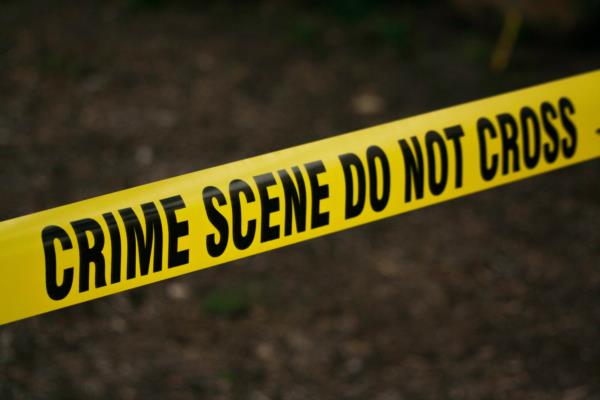
Recently obtained emergency response calls shed light on the events leading up to the fatal shooting of Sonya Massey in her Springfield home on July 6. The incident, which resulted in Massey's death, has sparked national outrage and scrutiny over law enforcement's handling of mental health crises.
On July 5, Massey's mother called 911 to report her daughter's mental breakdown but emphasized that she was not a danger to herself or others. Despite this information, it remains unclear whether the responding deputies were aware of Massey's mental health concerns the following day.
The encounter between Massey and the deputies was captured on body-camera footage, revealing signs of potential mental health issues exhibited by Massey. Despite her statements about taking medication, the situation escalated quickly, culminating in Massey being shot by Deputy Sean Grayson, who has since been indicted on multiple charges including first-degree murder.



Law enforcement experts emphasize the importance of officers recognizing and appropriately responding to individuals experiencing mental health crises. Training and best practices recommend de-escalation techniques and assessing the individual's mental state before resorting to the use of deadly force.
Massey's family has called for an investigation into Grayson's hiring, citing concerns over his employment history and performance evaluations at previous police departments. Records indicate deficiencies in Grayson's workplace performance and training, raising questions about his suitability for the position.
The tragic death of Sonya Massey underscores the need for improved protocols and training for law enforcement when encountering individuals in mental health distress. The case has reignited discussions about police violence against Black women and the importance of addressing mental health issues in police responses.







